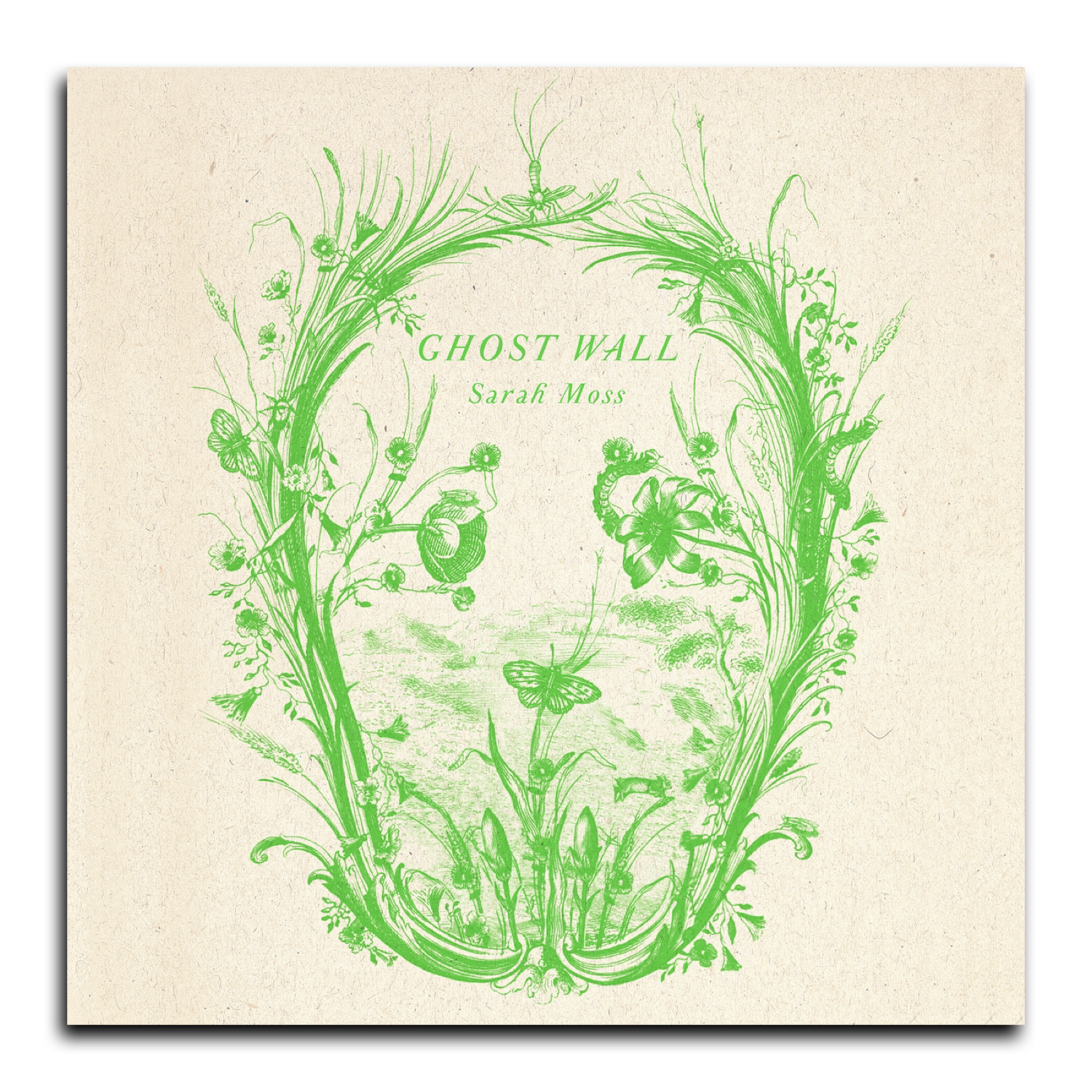Ghost Wall by Sarah Moss
In the wilds of northern England, Silvie's family has joined an experimental archaeology group who are set to reenact primitive life. Hunting and foraging as ancient Britons, immersed in the ways of the Iron Age. Silvie's world expands as she interacts with the students, igniting dreams of a different life and away from her domineering father and downtrodden mother. But the group's construction of a ghost wall leads to an unsettling turn of events. Moss's Ghost Wall explores the connection between past and present, urging us to question our own progress alongside the tangible misconstruing of a misused history.
While I much preferred her more recent Summerwater, the style is similar and there were glimpses of the same meandering beauty in her sentences. But the two elements that I found the most intriguing and the better developed — the prologue and a budding exploration of Sylvie's sexuality — were small blips in this dilution of power, wrongness, superiority, and misogyny.
Moss's atmosphere and tension provide a strong baseline for the story. As a character, Sylvie lacked a little nuance and the father, whose presence is felt throughout the novella whether he's in the scene or not, is more of a bristling shadow than being fully fleshed out. Not unlike the one-note character of The King, whose face is hardly shown, in the 1992 film Radio Flyer, the father develops into a larger than life, looming black hole of a person whose actions are meant to be unpredictable for Sylvie, but become just the opposite of that within the story.
Maybe if Moss had left a little breathing room for Sylvie and given her more space to develop a clearer picture and more self-awareness, the tension would been enough to sustain the story she was working to relay. As it is, the predictability overshadowed any deeper emotional draw between Sylvie and me.
Audiobook, as narrated by Christine Hewitt: Hewitt did a great job — the variance in her voice for the slightly more than a handful of characters was enough to mostly keep me from conflating or confusing the everyone mentioned. Her delivery was soft and subtle and I think added a layer that might not have been present for me in the print version.

